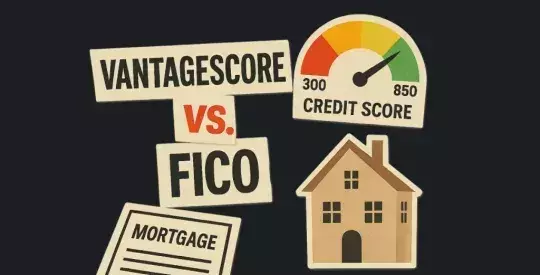
Better, a leading financial technology company, has unveiled an innovative Bank Statement Home Equity Line of Credit (HELOC) program. This new offering is specifically tailored to meet the financial needs of the vast number of self-employed individuals across the United States, including small business owners, freelancers, and gig workers, who often face hurdles with conventional lending criteria. The program simplifies the income verification process, moving away from traditional tax returns and W-2 forms, and instead utilizing bank statements to assess eligibility. This strategic move aims to unlock home equity for a significant portion of the workforce, enabling them to manage personal and business finances more effectively.
The newly introduced HELOC program is a game-changer for the self-employed segment, traditionally underserved by the mortgage industry. Better's proprietary AI-driven system, TinMan, plays a pivotal role in this process. TinMan analyzes up to 24 months of personal or business bank statements to identify income trends, facilitating almost instantaneous approval decisions. This technological advancement also eliminates the need for physical appraisals and streamlines title insurance procedures for loans up to $400,000, making the application process significantly more efficient and less cumbersome for borrowers.
Vishal Garg, CEO and founder of Better.com, highlighted the program's success in debt consolidation, noting that Better's existing HELOC customers saved an average of $1,120 monthly in Q2 2025 by consolidating high-interest debt. He emphasized TinMan's capability to process alternative data sources and automate verification, bypassing the laborious review of extensive PDF documents. This innovation positions Better as a frontrunner in leveraging artificial intelligence to enhance customer experience and expand access to financial products for small business owners nationwide.
The timing of this launch is particularly pertinent, given the current economic landscape characterized by rising household debt. With credit card interest rates soaring to an average of 27% and personal loans exceeding 17%, the Better Bank Statement HELOC, averaging around 8%, offers a significantly more affordable option for debt consolidation. This disparity in interest rates presents a substantial opportunity for borrowers to reduce their financial burden and improve their overall financial health.
The positive impact of debt consolidation through HELOCs extends to credit scores, with Better reporting gains ranging from 25 to 60 points for customers. Notably, individuals with lower FICO scores experienced an average increase of 37 points, underscoring the program's potential to uplift financially vulnerable segments. Chad Smith, President and COO of Better Mortgage Corporation, expressed confidence that the new program could have served over 6,000 previously denied customers, translating to approximately $600 million in home equity loans. This highlights the unmet demand and the significant market opportunity for such an inclusive lending product.
The Bank Statement HELOC specifically targets individuals with unconventional or recently increased income streams, including entrepreneurs, freelancers, and contract workers. Better also offers an AI loan assistant, Betsy, through which customers can inquire about their eligibility using only bank statements. This accessibility and reliance on cutting-edge technology are key differentiators, positioning Better as an innovative and customer-centric lender in the home equity market. The company projects substantial growth, aiming to solidify its position as a rapidly expanding AI-native home equity lender, with a year-over-year growth exceeding 150%.
This innovative program by Better is poised to redefine home equity lending for the self-employed, offering a flexible and efficient pathway to financial stability and growth. By embracing advanced AI and adopting a more inclusive approach to income verification, Better is not only addressing a critical market need but also empowering millions of individuals to better leverage their home equity in a high-interest rate environment.
